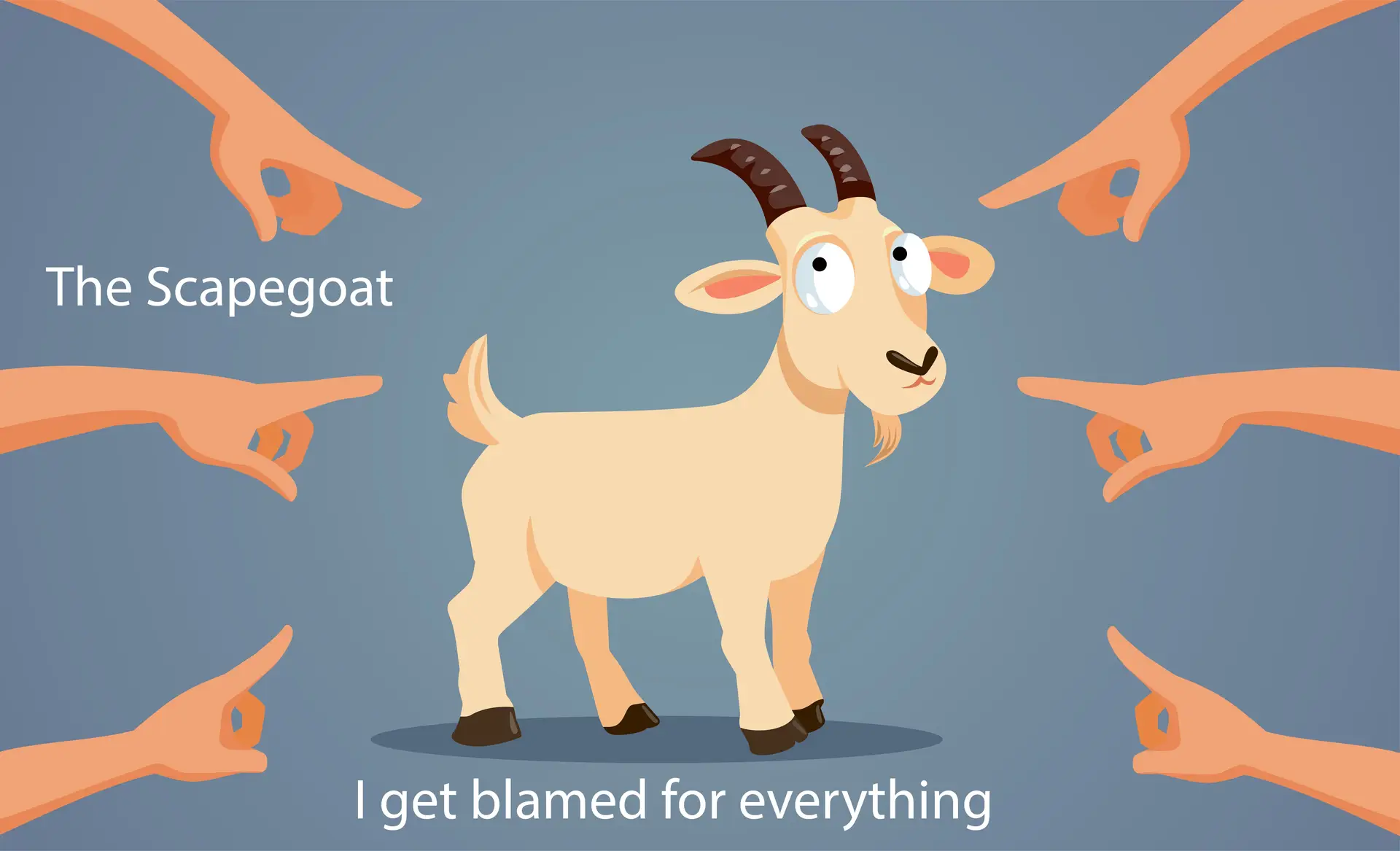Narcissistic Families and Boundaries
What are Boundaries?
A boundary can be defined as a barrier which separates two things. Healthy psychological boundaries between people mean that there is respect for others and the self and the beliefs, ideas, opinions, likes, dislikes and wants and needs of all parties.
A psychologically healthy person is aware that they do not have rights or ownership over another. Healthy boundaries create mutual trust.
We define ourselves from our morals and values as well as how we see our characters. This is called an identity boundary and it separates us from others.
Boundaries in a Healthy Family
In an ideal nuclear family, a boundary around the parents enables them to have a private life separate from their children. Confidences and intimacy remain private between them and are not shared with the children or others. Their relationship is built of mutual commitment and trust.
All parties are valued and respected for their ideas and opinions.
Boundaries in Dysfunctional Families
In dysfunctional families, the lack of boundaries leads to unhealthy relationships. Unhealthy boundaries can be either too rigid or too porous. Power is unbalanced as the parents are more powerful than the children. Parents may overshare information and betray confidences.
Examples of Unhealthy Boundaries
In childhood, and then in adulthood, a lack of boundaries can lead to:
- loaning money to people when you cannot afford to
- finding it hard to say no
- offering unsolicited advice to people
- doing things that you do not like
- being co-dependent
- not having enough time for yourself
- letting people hurt you
- ignoring red flags
- oversharing information about yourself
- allowing others to say things to you which you know are wrong or disrespectful and feeling unable to speak up for yourself
- feeling obligated to do what others want you to do
Unhealthy Boundaries in a Narcissistic Family
In a narcissistic family, boundaries are not respected, and a narcissist feels they are entitled to control others. A narcissistic parent will see the child as an object to be used to meet their needs (a source of ‘narcissistic supply’) rather than a person in their own right. They will feel entitled to tell that child how they should be, what they should think, how they should dress or eat and many other things. Any resistance from the child to being moulded into what the narcissistic parent wants them to be, by trying to set boundaries, will be met with rage, coldness, silent treatment, criticism and rejection.
Narcissists become angry when boundaries are set with them, and they will continually push back against them.
Confidences and privacy of the child are not respected and betrayal of information that should remain private, and the humiliation that entails, are the norm.
Parents may overshare details from their relationship with the child’s other parent and use their child as a surrogate partner. They can be emotionally suffocating.
The Results of Growing up with Unhealthy Boundaries
A lack of healthy boundaries results in children of narcissists having feelings of shame and embarrassment about themselves. A feeling of shame is attached to their real selves as there can be a core belief that they are not a good person, and this is the reason they were not allowed to be themselves. There can be difficulties with trusting people and an expectation of betrayal.
They often develop a lack of a sense of self as they have not been able to fully develop their characters.
The lack of boundaries can often lead to the children being parentified – this means that the roles of child and parent are reversed, and the child is placed into the position of being a caretaker, or confidant, or having other adult responsibilities thrust onto them.
Some may find they are overly responsible for themselves at a young age due to the lack of nurturing and emotional neglect.
Being Aware of Our Lack of Boundaries
Children of narcissists will often have minimal boundaries and may not even be aware of this.
We can look to our feelings as clues that our boundaries are being violated. We may feel irritated and annoyed that we are often doing things for other people, as we feel we can’t say no, and then we do not have time for ourselves.
We may feel unsure of what our opinions are. We may think other people are not interested in what we think. We may value other people’s opinions over our own and think our opinions are deserving of being belittled or criticised. We may think we are boring.
We may feel obligated to lend money that we can’t afford to others.
We may not stand up for ourselves if someone says something about us, or to us, that is wrong, rude or aggressive. We may automatically go quiet and there may be feelings of anxiety or fear.
Learning to Set Boundaries in Adulthood
Setting boundaries in adulthood can be an unsettling experience as it goes against all the behavioural conditioning received in childhood.
It can help to question our values, what we think is important and how we want to be treated.
Types of Boundaries
Emotional boundaries refer to feelings. Healthy emotional boundaries involve an awareness of when to share, and when not to share, personal information.
Time boundaries refer to how a person uses their time. Healthy time boundaries mean a person sets aside enough time for each area of their life such as work, their relationships and their hobbies.
Physical boundaries cover personal space and physical touch. Physical boundaries may be violated if someone touches you and it is unwanted.
Intellectual boundaries refer to thoughts and ideas. Healthy intellectual boundaries include respect for the ideas of other people and what it is appropriate to talk about.
Sexual boundaries cover the emotional and physical aspects of sexuality. Healthy sexual boundaries involve understanding and respect between partners.
Material boundaries refer to money and possessions. Healthy material boundaries involve setting limits on what you share with others.
Boundaries and Emotional Warfare
In narcissistic families, when a child attempts to assert their boundaries they will be punished and come to learn that it is safer not to set a boundary. In Joost Meerloo’s book The Rape of the Mind, he discusses life in the land of ‘Totalitaria’ (a dictatorship) and how the citizens are affected by living under that kind of regime. In the YouTube video below – I read some excerpts from the book and make comparisons to living under the rule of a narcissist. The function of the scapegoat in totalitarian societies makes interesting reading/listening.








